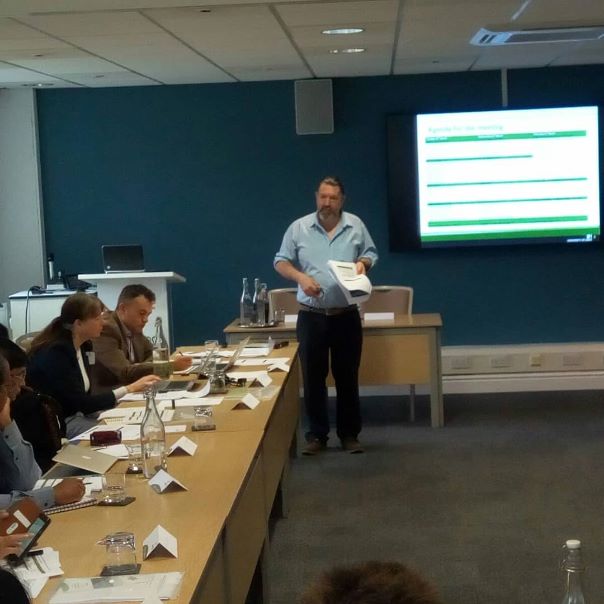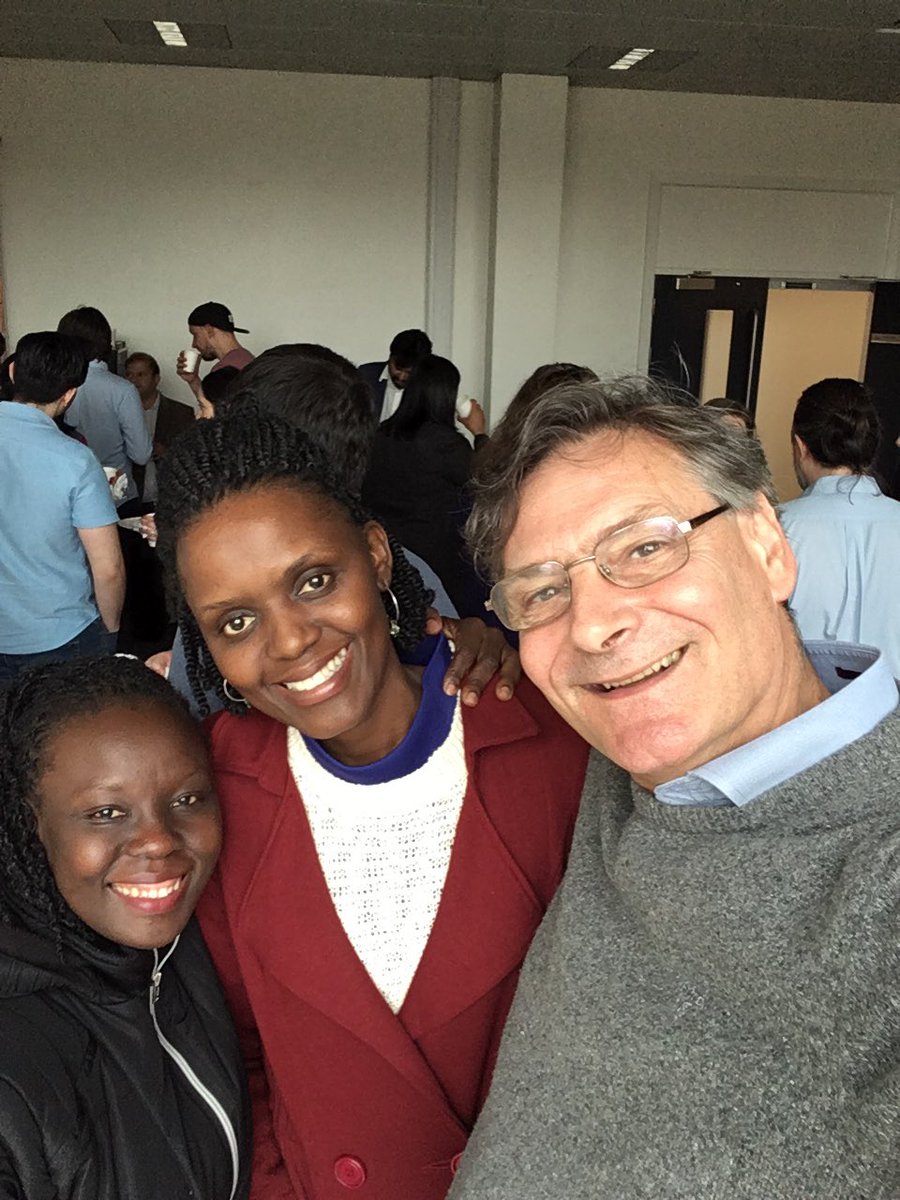CREEC TO BE PART OF IMPACTFUL WATER HYACINTH RESEARCH
Many communities in Uganda are still suffering from poverty, malnutrition, poor agricultural yields and poor sanitation which affect the quality of life. Their socio-economic wellbeing is directly or indirectly related to energy consumption. Cooking is also generally fuelled by fossil fuels which are not only hazardous to human health but are damaging to the environment. Starting the 18th to 22ndof March 2019, CREEC joined other partners from the University of Leeds and the Royal Society for the launch of a new project to be implemented by the Clean Energy Research Alliance(CERA) partnership. The project will focus on utilizing invasive aquatic macrophytes such as water hyacinth in combination with nutrient rich waste and immobilized microbial systems to maximize the production of biomass whilst generating clean water and recovering nutrients in low income communities, by developing innovative biotechnology solutions that promote resource efficiency and long-term sustainable services. This new project titled “Fertiliser and clean water from invasive aquatic macrophytes” is a UK government funded Biotechnology and Biological Sciences Research Council (BBSRC)
This project will not only provide clean water but also provide quality biogas suitable for cooking, refrigeration, and power generation which will result in reduced emissions and health impacts associated with wood combustion which is relied on for cooking in African regions.
One of the key aims of the project is promoting capacity building and facilitating knowledge transfer, transforming laboratory scale innovation into full scale application providing direct benefits to communities. CREEC will actively engage Ugandan stakeholders in capacity building programs on the project as well as contribute to the research on the project. This is also a great continuation of the already existing partnership between CREEC and the Clean Energy Research Alliance (CERA) which includes Uganda, Congo, Tanzania, United Kingdom and now includes Indonesia and India.


